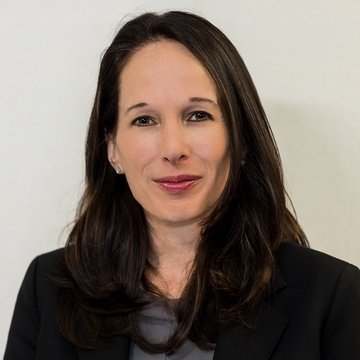Amy Zegart is the Morris Arnold and Nona Jean Cox senior fellow at the Hoover Institution and professor of political science by courtesy at Stanford University. She is also a senior fellow at Stanford’s Freeman Spogli Institute, chair of Stanford’s Artificial Intelligence and International Security Steering Committee, and a contributing writer at the Atlantic. Zegart is an internationally recognized expert in U.S. intelligence, emerging technologies, and global political risk management. In addition to her research and teaching, Zegart led Stanford’s Center for International Security and Cooperation, founded the Stanford cyber policy program, and served as chief academic officer of the Hoover Institution. Before coming to Stanford, she was professor of public policy at the University of California, Los Angeles, and a McKinsey & Company consultant. Zegart has served on the National Security Council staff and as a presidential campaign foreign policy advisor. She frequently advises senior U.S. officials on intelligence and emerging technology matters. She is the author of five books, including the bestseller Spies, Lies, and Algorithms: The History and Future of American Intelligence; Political Risk: How Businesses and Organizations Can Anticipate Global Insecurity, co-authored with Condoleezza Rice; and Spying Blind: The CIA, the FBI, and the Origins of 9/11. Zegart holds a bachelor’s degree in East Asian studies from Harvard University and a doctorate in political science from Stanford University. She serves on the boards of Kratos Defense & Security Solutions and American Funds/Capital Group. Zegart is based in Stanford, CA.
- China
- RealEcon
- Topics
-
Regions
FeaturedThe 2021 coup returned Myanmar to military rule and shattered hopes for democratic progress in a Southeast Asian country beset by decades of conflict and repressive regimes.
Backgrounder by Lindsay Maizland January 31, 2022
-
Explainers
Featured
Interactive by Olivia Angelino, Thomas J. Bollyky, Elle Ruggiero and Isabella Turilli February 1, 2023 Global Health Program
-
Research & Analysis
Featured
Featuring Zongyuan Zoe Liu via U.S.-China Economic and Security Review Commission June 13, 2024
-
Communities
Featured
Webinar with Carolyn Kissane and Irina A. Faskianos April 12, 2023
-
Events
Featured
Event with Graeme Reid, Ari Shaw, Maria Sjödin and Nancy Yao June 4, 2024
- Related Sites
- More
 Online Store
Online Store
